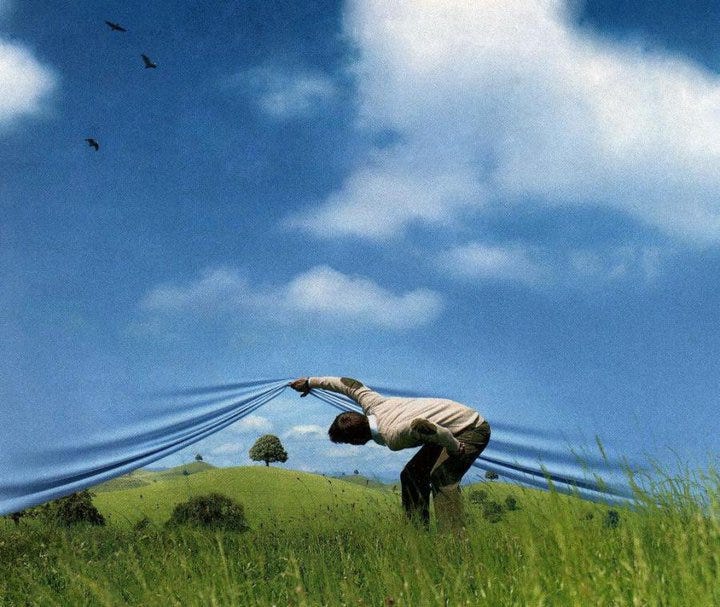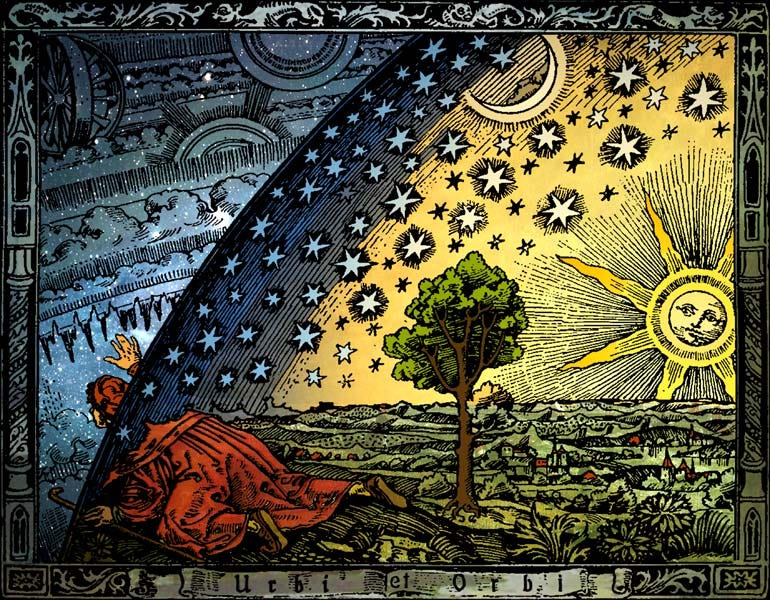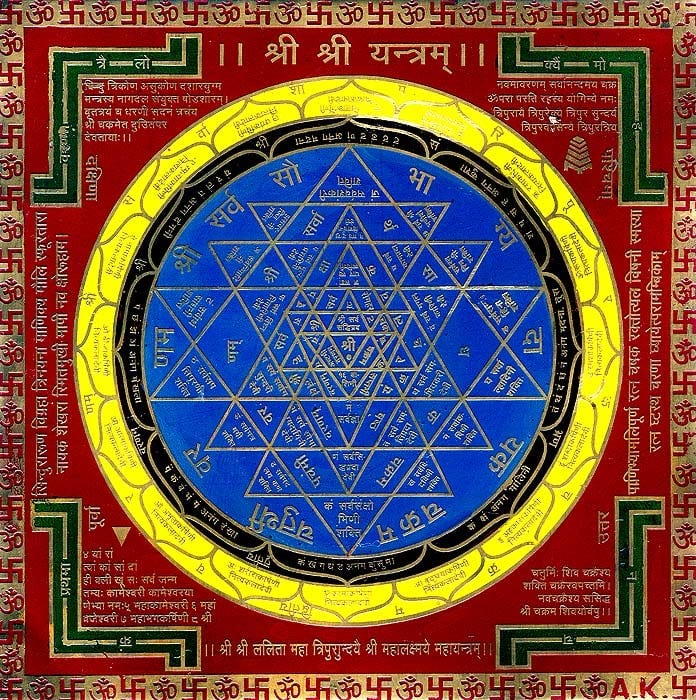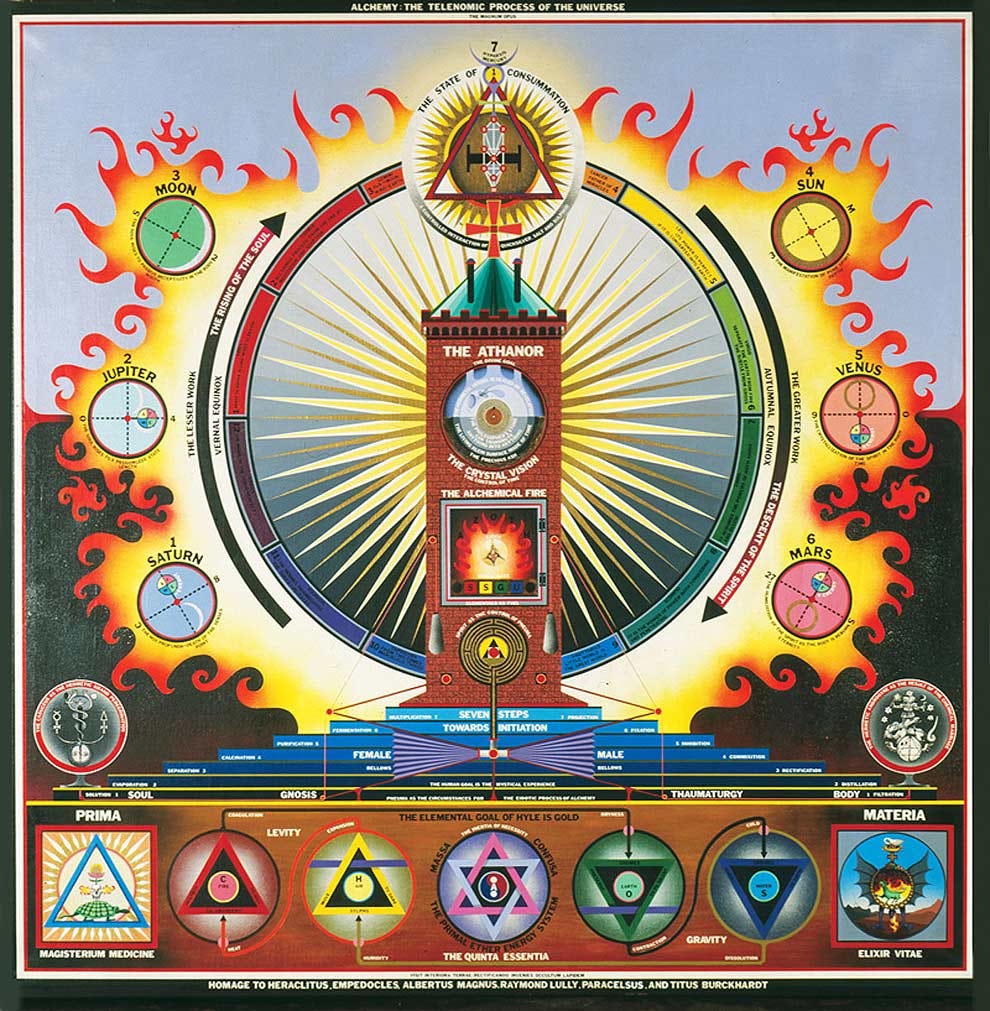What is Real?
Dialectical Immaterialism #2
The Vedic dharma covers a vast array of topics, concepts, and areas. Itis the ethereal regions of ideas. It also impinges the subject matters right here on Earth. To get a good idea of what the Vedic dharma is all about and the different forms it can take, please visit my website, thevedicdharma.com, and look and grab the books that describe the Vedic dharma.
Politics and political theory is a part of the Vedic dharma.
This is the second installment of a forthcoming book—-which is looking for a traditional publisher. It deals with Karl Marx’s solution to an age-old philosophical debate. The title is, What is Real?
Every philosophy, every religion affirms their version of the “Truth.” Truth comes in many forms and permutations. The Truth straddles two poles---Relative Truth and Absolute Truth. These truths are linked to the People’s existence. What is “Truth” in the Vedic political dharma? How is it expressed in the New Socialist Paradigm? How is this expressed in Dialectical Immaterialism?
Karl Marx began studying and writing on the heels of the French Revolution. He was inspired by the Revolutions of 1848 which swept Western Europe. It was a time of tremendous social change. The Enlightenment was splintering, and Age of Capitalism was beginning. Intellectuals began rethinking philosophical systems. Among the many changes wrought was the lively discussion between the Realists and Idealists. What is ultimate reality? Is life in Objective Reality all there is? Is there something more, an intangible, metaphysical world of ideas and concepts? If there is, is one world more “real” than the other? These questions have been asked since the People first put pen to paper. With a whiff of revolution in the air, that discussion took a decidedly urgent turn. Everything---political institutions, religious organizations, social relationships---was on the table for reexamination.
The debate between the Realists and Idealists is hardly new. Western Philosophy had never progressed beyond the similar debate between Plato and Aristotle. That debate centered on the struggle between Idealism and Realism. The philosophical debate had clear lines of demarcation. Names and nuances may have changed, but the debate never really ended. Philosophically, the search is one to find the fundamental basis of reality.
Battle lines were being drawn. On the side of the Idealists, we had Anaxagoras, Plato, Spinoza, Berkeley, Kant, ad Hegel. For the Realists there were Heraclitus, Aristotle, Hobbes, Hume, Diderot, Descartes, and Feuerbach.
These thinkers posed the question: Is ultimate reality the intangible world of Ideas or is ultimate reality the objective reality of the everyday world? The Greeks created a dualistic world locked between Realism (Materialism) and Idealism (Subjectivity). There is great truth in the quote that after Plato the rest of Western Philosophy is a mere footnote. The course of Western Philosophy had progressed no further than Plato and Aristotle. The idealism of Plato, Spinoza, and Berkeley, etc., can be viewed as an attempt to form a Collective reasoning based on a world of Ideas. The Realism of Aristotle, etc., can be viewed as more in touch with the material conditions of the real world.
Until Karl Marx. Marx retooled the debate by observing that the great basic question of all philosophy concerns the relationship between thinking and being. (ME, CW, Vol. 26, Feuerbach (2010), p. 365.) With these words Marx reframed the Idealism/Realism debate. Being is the objective material world, and thinking is a person’s subjective mental activity of the material world. Karl Marx proposes an entirely new philosophical path. Marx’s categorial statement in the First Thesis of Feuerbach is his way of saying the aims and goals of Western Philosophy should be applied to the real lives lived by real people. Marxist thinker George V. Plekhanov correctly argues in Fundamental Problems of Marxism, that the Socialist Paradigm is not really “materialist,” nor entirely “idealistic.” No, Plekhanov argues, Marx’s methodology presents an integrated system. The objective reality of the world is joined with the subjective world of individual thought through the act of consciousness.
To do this Marx mixed and matched. He mixed the two ideological extremes to construct a single unitary system incorporating both systems. In so doing he matched revolutionary action to resolve contradictions in society. Marx melds the two extremes with Activity, Productive Force, Labor. Thesis Two to Feuerbach declares that thinking is not a matter of theory but a practical activity. However, the Subject Individual thinks but also does, and the Subjective life of a person (thinking) is revealed in physical activity. To this a Crass Materialist would say that the circumstances in society make the person, but Marx replies that the situation is the other way around. (Thesis Three.) Due to the attitudinal changes wrought by realized Self or Class Consciousness those social circumstances change. This is the first step of the New Socialist paradigm. This understanding is crucial, because it is only when the Individual Subject changes intellectually that the societal norms are changed through revolutionary action. (Thesis Three.) It is when the surrounding circumstances change due to its revolutionary efforts that the Subject Individual rises above the internal contradictions of society. (Thesis Four.) In one fell swoop, the Individual Subject changes society through its personal liberation.
The Theses of Feuerbach is significant. It establishes themes which permeate Dialectical Immaterialism: that the Individual Subject must take charge of its own life, that personal liberation is the product of societal liberation, and the Subject Individual begins to liberate society when the Subject is first liberated.
Visit thevedicdharma.com





